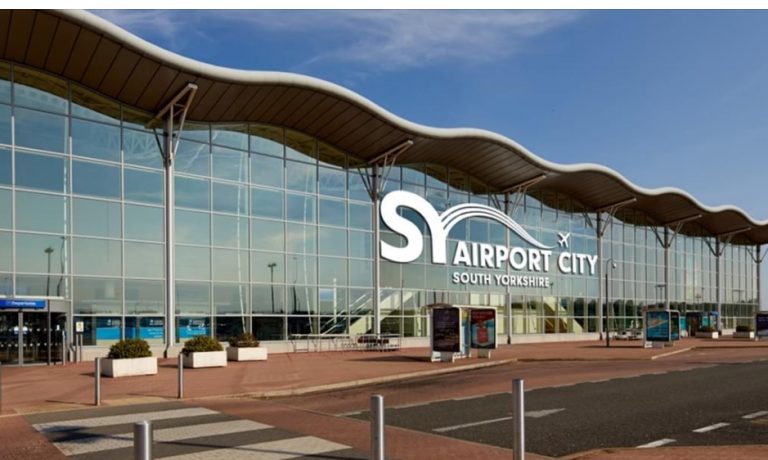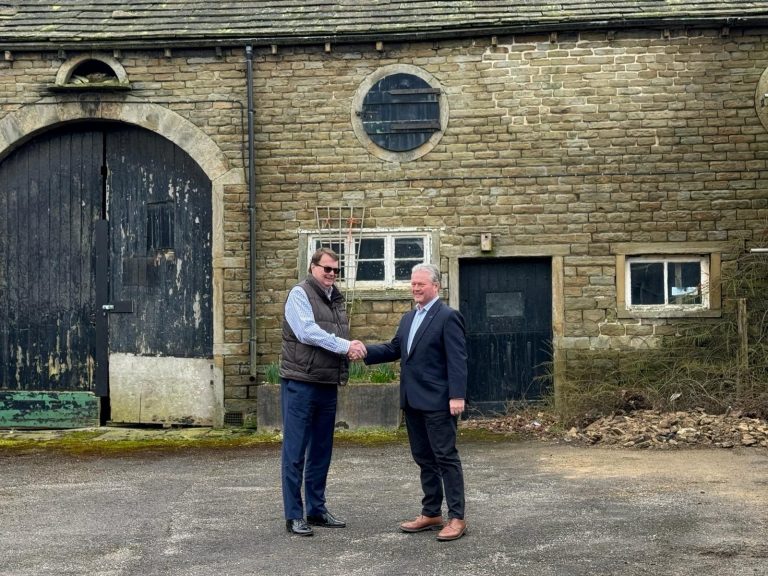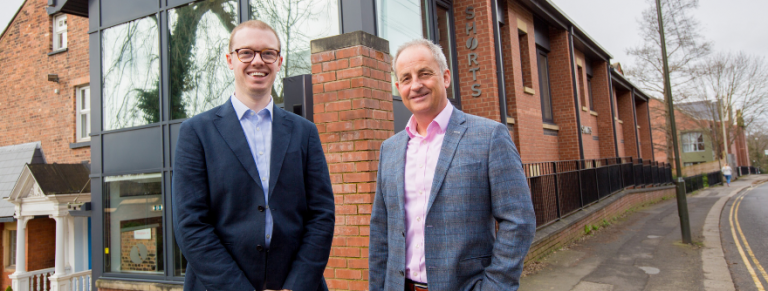125-year lease signed for Doncaster Airport
Bank of England holds interest rates at 5.25%
Anna Leach, CBI Deputy Chief Economist, said: “The Bank of England has as expected chosen to keep interest rates on hold for the fifth occasion, following February’s inflation number which came in at its lowest since 2021.
“Nonetheless, services inflation, though falling in line with expectations, remains relatively high at 6.1%. And wage inflation, while likewise having fallen back is still running too hot to sustainably deliver 2% inflation, with risks that the forthcoming rise in the national living wage may yet spur renewed wage pressures.
“The CBI’s own surveys have shown the downward trend in price expectations stall across much of the private sector recently, amidst a renewed uptick in cost pressures. And the ongoing conflicts in the Middle East and Ukraine present further risks to the inflation outlook.
“Unsurprisingly therefore the Bank has reiterated that they’re looking for further evidence of sustained declines in domestic inflationary measures in particular in the coming months before they’ll consider dropping rates, with markets expecting the first downward move to come in June.”
Dudleys adds two to staff at Leeds office
Huddersfield development company purchases land at West Yorkshire farm
336-acre sustainable urban extension scheme in Skegness gains approval
South Yorkshire’s Mayor becomes first Northern Mayor to sign UK steel charter
Slime company grows into larger Barnsley premises
Energy from waste plant marks tenth operational anniversary
Ten years into a 25-year contract with operators FCC Environment, Lincolnshire’s Energy from Waste facility in North Hykeham near Lincoln has cut the amount of the county’s waste going to landfill by around 93 percent, converting it into enough energy to power 27,000 homes across the county.
Harrogate needs joint approach to boost prosperity, say business owners
Business owners and tourism leaders have said a joint approach to boosting economic growth and the visitor economy will be vital to the future of Harrogate.
It’s a key focus of North Yorkshire Council’s economic development and tourism teams, who want to take advantage of the benefits of initiatives such as the recently created York and North Yorkshire Local Visitor Economy Partnership and the Government’s UK Shared Prosperity Fund.
Corporate director of community development is Nic Harne, who said: “Harrogate is recognised across the country and beyond as a jewel in North Yorkshire’s crown, a place not only to do business, but a base to experience the best in events and festivals.
“Thanks to the hard work of those who work in business and the visitor economy, allied to the knowhow of our economic development and tourism teams, the town is well-placed to exploit future opportunities.”
Figures from Visit North Yorkshire, the region’s destination management organisation, show that hotel occupancy in 2023 was up 10 per cent to 78.7 per cent when compared with the previous year, and revenue per room up 15 per cent to £73.55.
One of the people at the heart of the visitor economy is the chief executive of Harrogate International Festivals, Sharon Canavar. She said: “Last year the arts charity delivered 100 events which attracted more than 90,000 people. Tourism and live events are incredibly important to Harrogate.
“From Spiegeltent, a unique pop-up, mirrored venue to the world-renowned Theakston Old Peculier Crime Writing Festival, Carnival to community events, there is a host of live events that drive footfall to our town, booking hotel rooms and spending in the local economy.
“We buy over 1,500 hotel bedrooms in the town from the Harrogate International Festivals office alone for this event, with many more of our visitors booking independently into a host of bed and breakfasts and private accommodation. “The spend for this event alone is huge; bars, restaurants and shops are full and the feedback we receive from retail is incredibly positive.”The Harrogate Chamber of Commerce works closely with businesses across the town to help them to thrive and boost their opportunities.
Its chief executive, Martin Mann, said: “The Chamber benefits hugely from the optimism of and professionalism of those around us in Harrogate.
“From the arts and culture brought to us by the Harrogate Theatre and Harrogate International Festivals to the conferences hosted in the Convention Centre, Harrogate has plenty to be proud of.”












